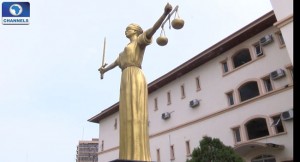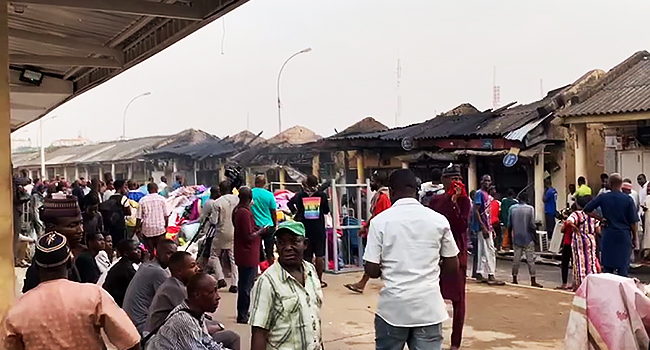
Justice John Tsoho was urged by the two oil companies to set aside the order he granted the EFCC on January 26, 2017 on the grounds that the EFCC chairman who is the applicant in the exparte motion, was not the proper person to file it.
Counsel to the Shell Petroleum, Professor Kayinshola Ajayi, told the court that the EFCC chairman was wrong in bringing the exparte motion that led to the order of forfeiture in his capacity as the chairman.
The counsel submitted that three conditions which ought to have been met by the EFCC before bringing the exparte motion, were not met and as such the order of forfeiture granted was null and void.
Specifically, he said the EFCC ought to have in accordance with laid down laws, arrest, trace and then apply for order of attachment before seeking for an order of forfeiture.
He said that the EFCC had abused the court by not following the conditions precedent and that the case of the EFCC is patently hopeless.
He added that section 28 of the EFCC act does not permit the EFCC chairman to bring the experte application in his capacity as chairman .
According to Ajayi, the application, having been brought by an incompetent person, cannot invoke the jurisdiction of the court.
He added that section 115 of the evidence act was violently violated, because the EFCC in its supporting affidavit, claimed that it had completed investigation whereas, the order of attachment can only be applied for pending investigation.
On the claim by the EFCC that the order of attachment was a fall out of the 9 count charge filed against the two oil companies and others, Professor Ajayi said there was nothing to show that the charges have anything to do with the oil prospecting license (245) and as such, the claim did not hold water.
However, opposing the application, the EFCC counsel, Mr Johnson Ojogbane, asked the court to dismiss the two applications, on the ground that there was no proper suit before the court.
He added that the exparte application was brought by the EFCC chairman in line with section 44 of the 1999 constitution and as such, he is a competent person to bring the said application on behalf of the commission.
Mr Ojogbane said that it would be a disservice to the Federal Government and to Nigerians to vacate the temporary order in respect of Licence (245) because of the element of criminality involved.




